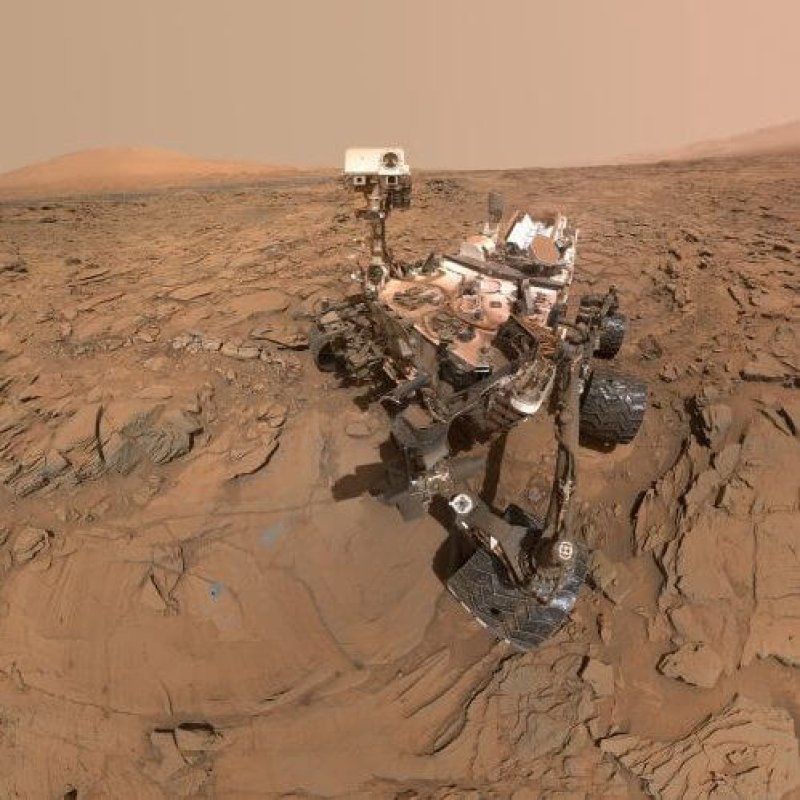Using data from NASA’s Curiosity rover, a team of interdisciplinary scientists has found boron in the Gale Crater. Gale was probably once a lake, and has been the site of multiple discoveries suggesting that life might once have existed on the Red Planet—at least for a little while. In a primitive, microbial form. But before we get too excited about microbes that might have been, let’s talk about what this really means.
Just to clarify, since some news outlets seem confused, finding boron doesn’t mean that we’ve found life. Mars is, as far as we know, still lifeless. It doesn’t even mean we’ve found definitive proof that life was once there. Boron is simply a sign of life that could have been (or could still be).
You probably don’t think of boron as an essential ingredient for life, because it’s not essential for humans. Plants require it to support their cell walls, but animals don’t seem to need it. Boron isn’t a necessary nutrient for us now, but it does help early life form.
…
This is still a lot of speculation, albeit highly informed speculation. […] We won’t know more until we get further data back from Mars. Until then, rock on, Curiosity.
The GLP aggregated and excerpted this blog/article to reflect the diversity of news, opinion, and analysis. Read full, original post: What finding boron on Mars actually means in the hunt for alien life































